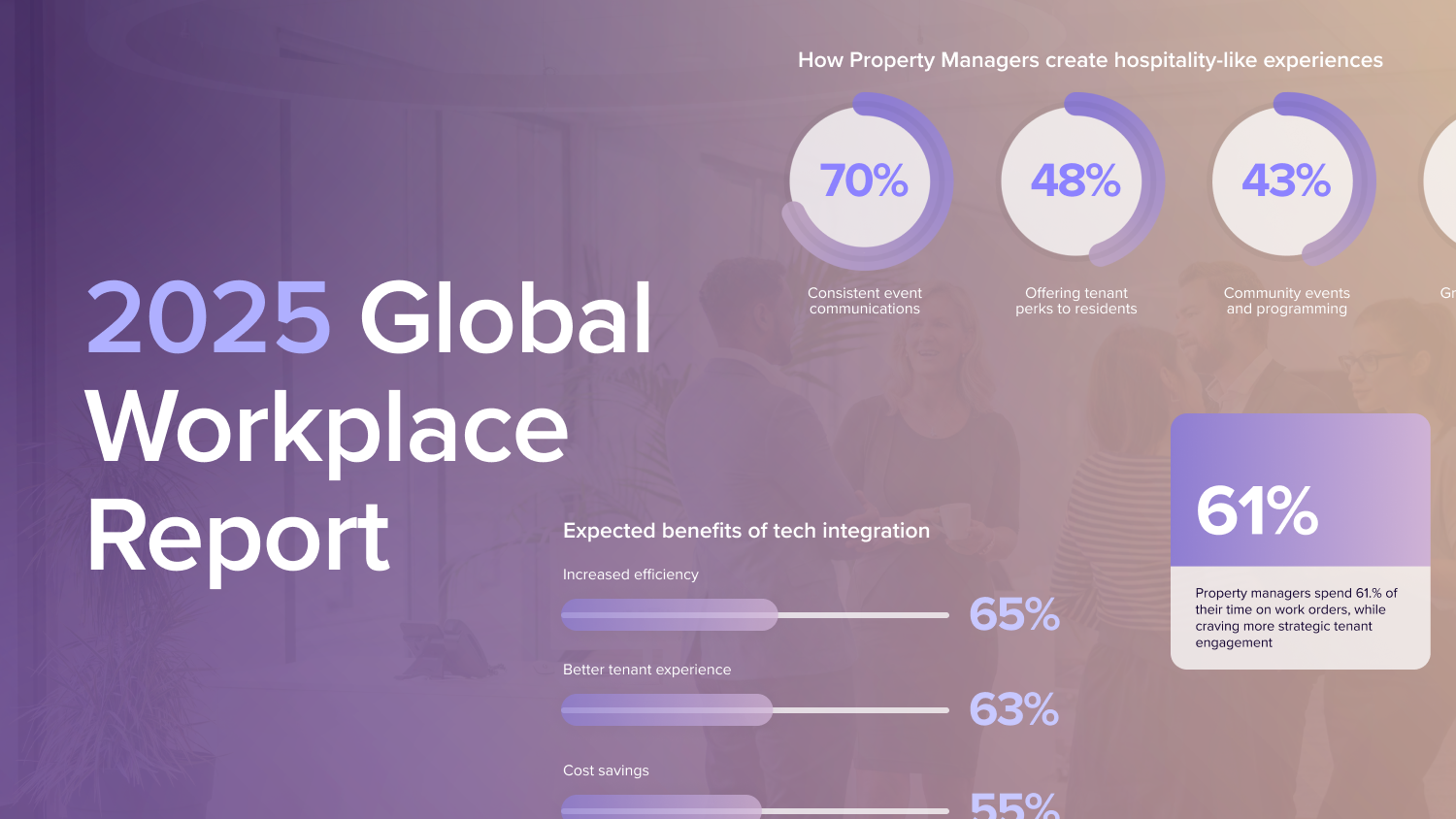The global financial crisis of 2007-2008 left many investors feeling wary about another recession, and when the 2020 pandemic hit, everyone was holding their collective breath to see what would happen. However, the unique nature of the pandemic combined with proactive government measures (for better or worse) put the U.S. economy on a different sort of fiscal roller coaster than we saw in 2008.
These ups and downs have impacted the commercial real estate industry differently than past economic downturns, and while the economy has managed to stay on track for the most part, some experts are predicting that things may soon be going off the rails.
Here’s what you need to know.
What’s different this time around
In 2008, the subprime mortgage crisis triggered a snowball effect that hit the banking industry hard enough that its ripples were felt across the entire economy, leading to a recession across the board.
When the uncertainty of the pandemic hit in 2020, the echoes of 2008 led the government to implement rent freezes, extend foreclosure timelines, stimulus checks, and emergency loans and grants, pumping enough money into the economy– and commercial real estate– to allow us to limp through the worst of the crisis and narrowly avoid recession.
But unlike what we saw in 2007-2008, the nature of the pandemic caused its economic impact to hit some businesses harder than others. Commercial real estate–which has traditionally been recession-proof thanks to its longer lease terms– saw some asset classes thriving while others suffered. Stay-at-home orders hit brick-and-mortar retail businesses, offices, and the travel industry hard, while industrial spaces and multi-family properties boomed with the uptick in e-commerce and remote work.
Still, despite the blow, many traditional retailers survived by quickly pivoting operations to meet shifting consumer expectations. Smart commercial real estate owners, landlords, and property managers followed suit, transitioning traditional retail spaces to better suit ecommerce, and making office spaces more flexible to allow for remote and hybrid work options.
How it’s all playing out
Commercial real estate was off to a strong start at the beginning of 2022, but while the added cash flow and real estate rescues the previous two years infused the economy with enough resources to help the U.S. avoid recession, the influx of funding had negative repercussions as well.
As more money has flowed through the economy, its value has decreased, leading to inflation. Consumer goods have gotten more expensive in an attempt to keep up with the devaluation of the dollar, and commercial real estate is no exception to the trend of rising prices. According to The Economist, in the spring of 2022, commercial real estate investing in both the U.S. and Britain fell to its lowest levels since before the start of the pandemic.
In an attempt to slow U.S. inflation, the Fed has been raising interest rates at historic levels. As interest rates rise and it becomes more expensive and more difficult to borrow money, cash flow and inflation slows. But the delicate balance between inflation and interest rates is more of an art than a science, and it’s not an easy balancing act to pull off. While we may have dodged a recession through 2020, 2021, and 2022, experts speculate that the clock is ticking. The delicate balance is about to fall.
What it means for CRE
Whether you’re a property owner, buyer, or seller, there’s good news, bad news, and things you can do right now to protect your investments.
The good news:
- Some asset classes are in high demand. With the continuing interest in ecommerce and remote work, industrial spaces, drive-through retail, and multi-family housing are all performing well, even with the recession looming.
- Property values expand with inflation. Your property’s value will increase along with inflation. Since the impact of inflation is likely to be temporary, you can sell at a profit, especially if you have a high-quality property in an in-demand asset class in a prime location.
- Rents increase with inflation. Increasing your net operating income with rental rate increases can help you ride out the waves of inflation and put you in a stronger position in the event of a recession.
- Long-term investments are still trending up. According to William Pattison, Head of Real Estate Research at MetLife Investment Management, NCREIF data shows that recessions have little to no long-term impact on the overall value of real estate. Real estate is still a good hedge against inflation. Generally speaking, your total returns will recover if you can hold on to an asset through the dip.
- Cash investors have more buying power. Commercial real estate investors who don’t need to rely on bank financing will have more buying power as interest rates rise, especially with motivated sellers. They’ll also have more investment opportunities for riskier deals and new developments.
The bad news:
- Demand for office space has declined. The continuing trend of remote work has reduced the demand for office spaces, leaving vacancies. The lack of rental income and increased operational costs as spaces deteriorate due to disuse can lead to a slower–or nonexistent–cash flow.
- It’s a bad time for speculative investments and new developments. The rise in labor costs combined with significant supply chain shortages and a lot of uncertainty in the market is resulting in extended project timelines and busted budgets.
- Property prices are high. If you already own property, declining cap rates is good news. But if you’re looking to buy, you’ll face a challenging market. It can get even more expensive when you factor in renovation costs to convert office properties to smaller workspaces.
- Loans are harder to get. Higher interest rates are making it more expensive to borrow money, so banks are issuing smaller loans to mitigate debt-to-income ratio issues. Investors who borrow to buy can expect their budget (and their profits) to shrink.
- Refinancing may not be worth it. Unless your property valuation has increased significantly and given you enough equity to offset the cost of refinancing, historically high-interest rates make it a bad time to refinance.
- Selling is hard too. With inflation causing property prices to rise and high-interest rates prohibiting borrowing, fewer people are in the market for new properties. But if you’re patient and wait for the dust to settle, you could still come out on top.
- Renters may not be able to pay. It’s important to raise rents to keep up with inflation, but don’t expect that your renters — who are trying to meet their own financial obligations impacted by higher inflation —will be able to pay.
What to do right now
If the idea of an impending recession makes you anxious, here are a few things you can do right now to protect your commercial real estate assets.
- Offer shorter leases. As the market fluctuates, keeping cash flow on par with periods of high inflation is easier. Traditionally, multifamily, hospitality, and self-storage have the shortest lease terms.
- Revamp existing office space for more flexibility. If you have some cash to invest in capital improvements and your budget can sustain a longer timeline due to supply chain issues, convert larger office spaces into ones better suited to companies with remote or hybrid work models.
- Raise rents, but put tenants first. Again, raising rents will ensure that your cash flow keeps pace with rising inflation, but it’s also essential to ensure your properties are top-notch, so tenants see the value in paying the higher rates. For the most bang for your buck, focus on offering a quality tenant experience.
- Be patient. Higher interest rates will eventually lower prices, bringing buyers and sellers back to the market. If you want to sell, it might take a while for the right buyer to come along, so budget to hold onto your property until they do. If you want to buy, be picky and wait until you find a good deal– or sit tight until prices drop.
Conclusion
It’s not all doom and gloom for CRE. Commercial real estate–when approached with a full understanding of current market trends and potential pitfalls– continues to be a good hedge against recession, and there are deals to be had. Keep an eye on property values, hold off on major projects, stay flexible with spaces and rents, and we will eventually come out on the other side of this roller coaster ride.





